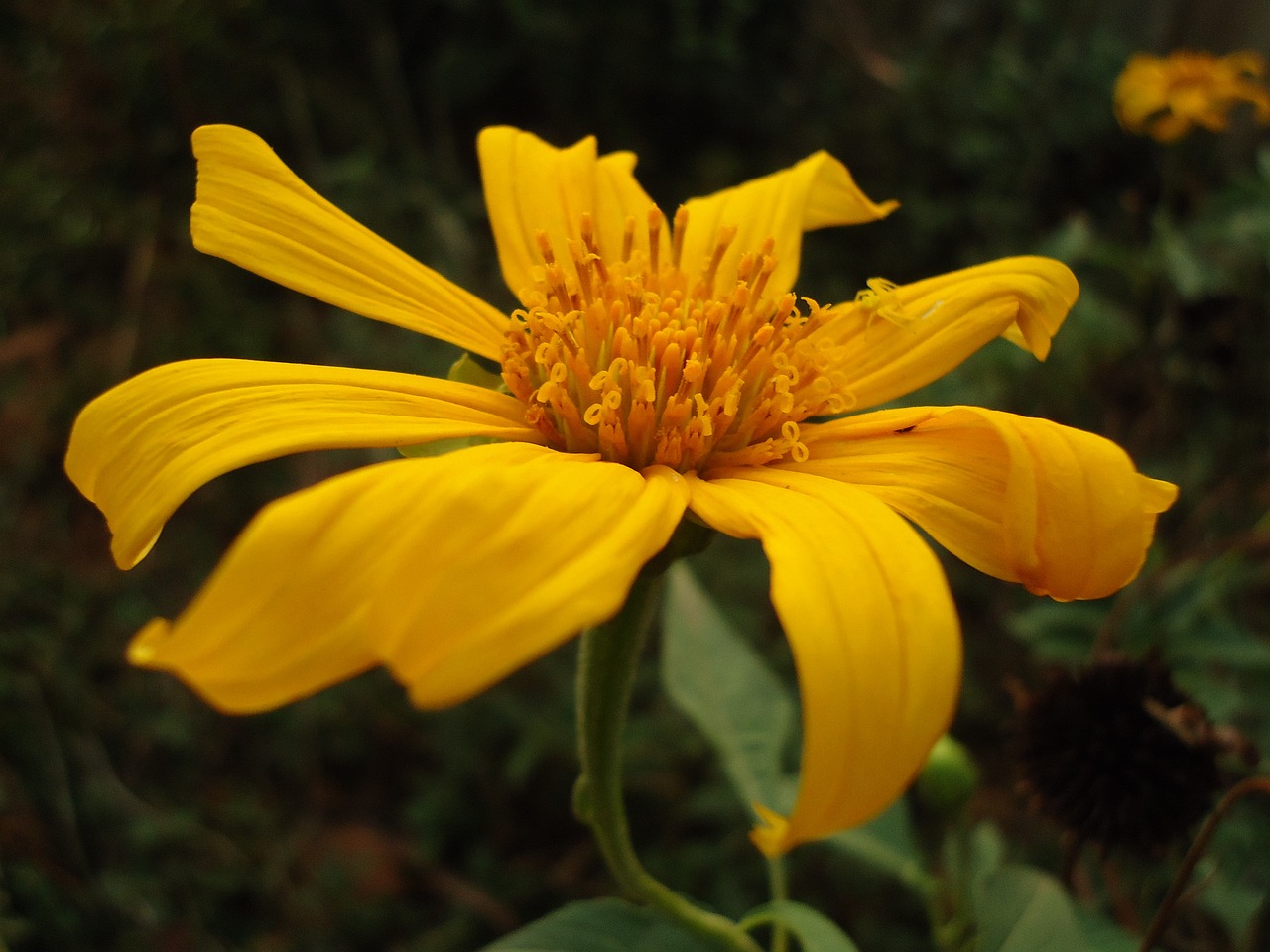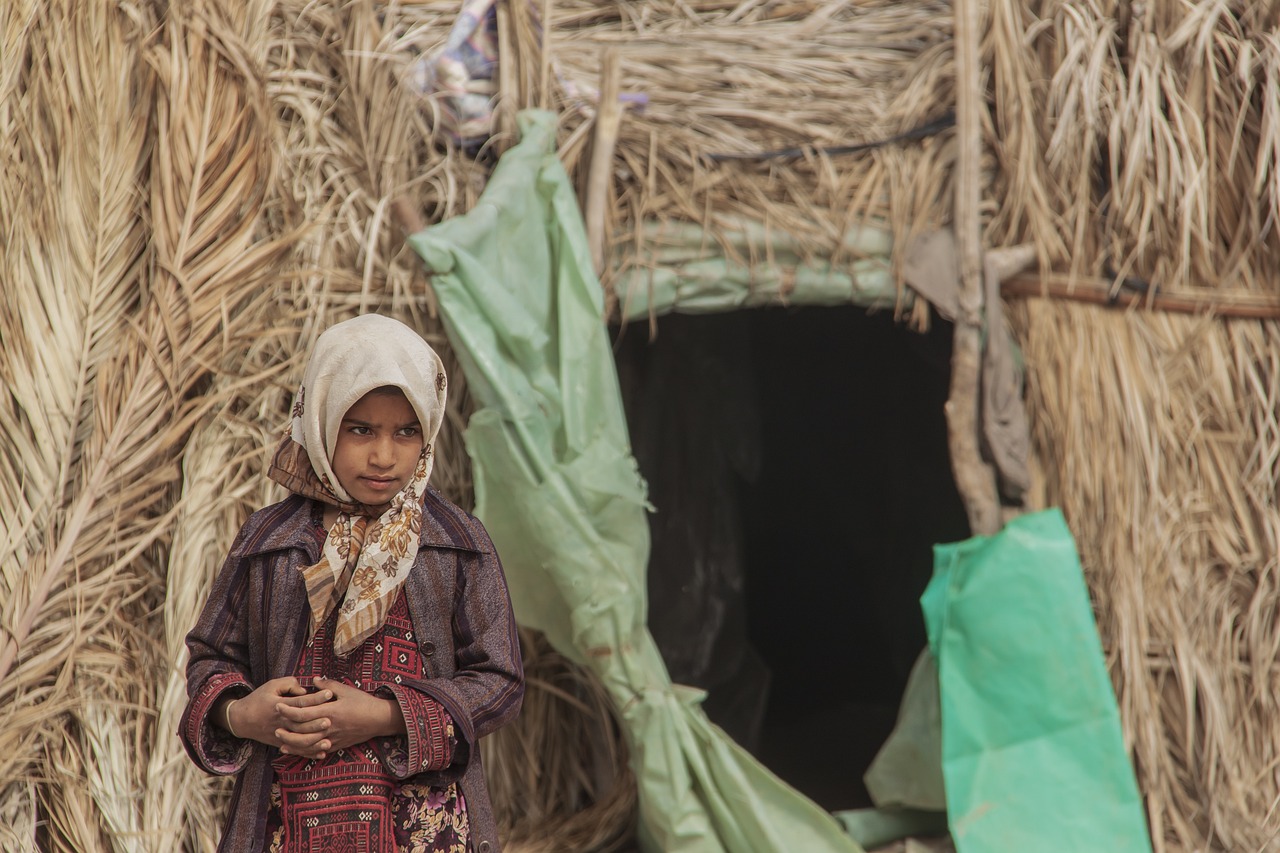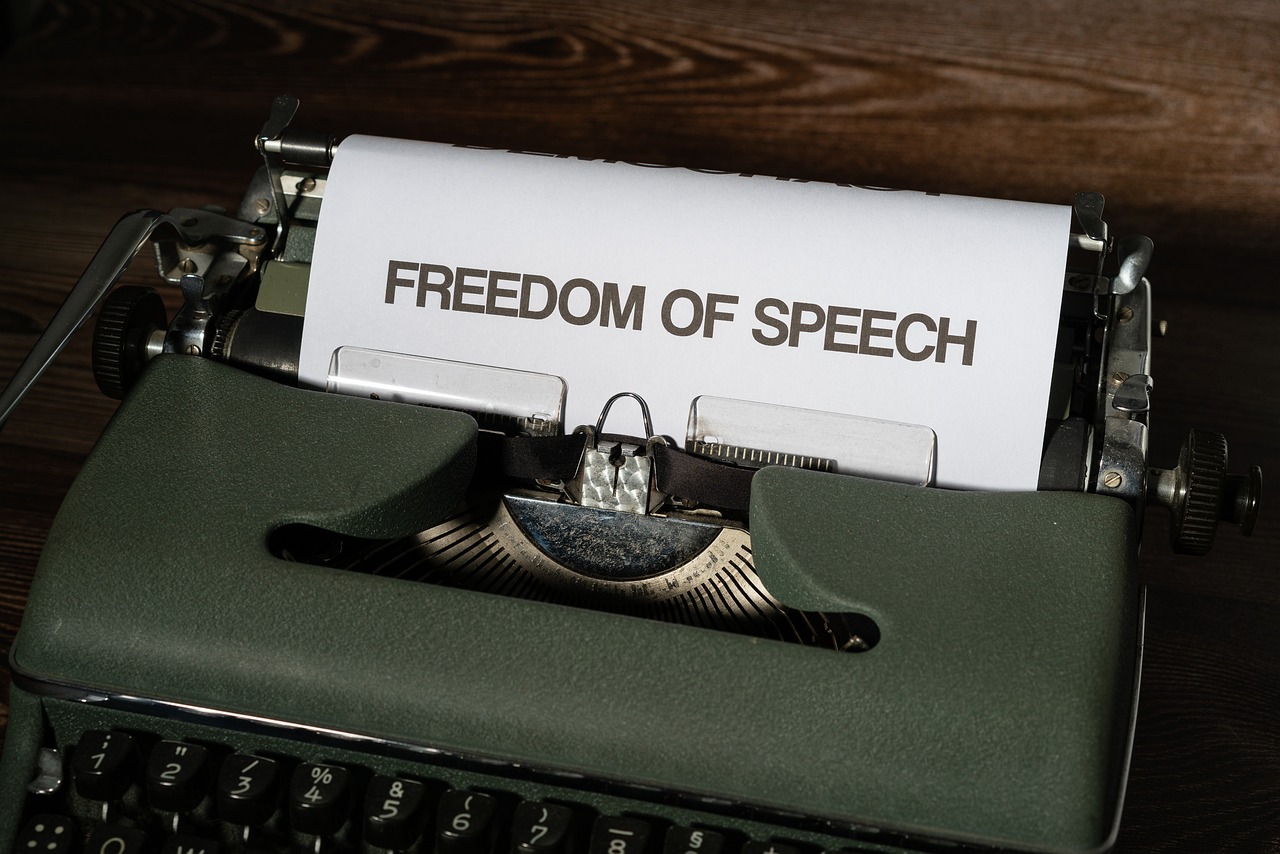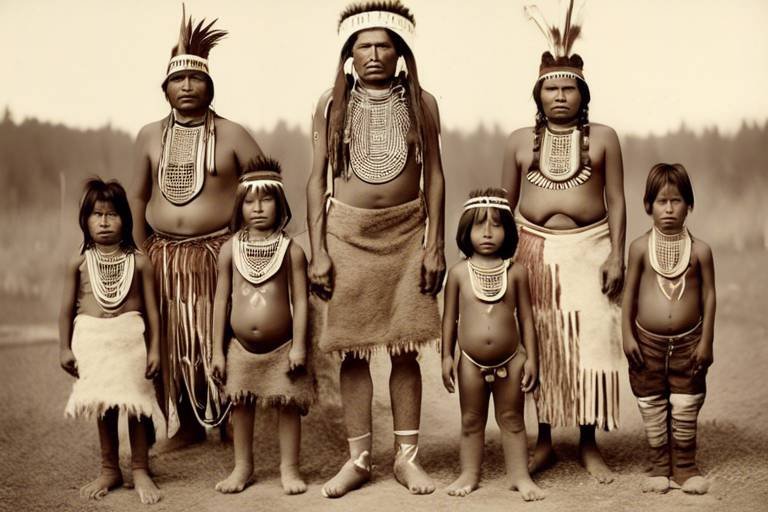The Impact of Colonization on Indigenous Peoples
Colonization has left a profound mark on indigenous communities worldwide, shaping their past, present, and future in significant ways. The repercussions of colonization extend far beyond historical events, manifesting in ongoing challenges that indigenous peoples continue to face. From cultural erasure to intergenerational trauma, the effects of colonization are deeply ingrained in the fabric of indigenous societies.

Cultural Erasure
Exploring the historical and ongoing effects of colonization on indigenous communities worldwide, including cultural erasure, loss of land and resources, intergenerational trauma, and efforts towards decolonization and reconciliation.
Colonization inflicted deep wounds on indigenous communities, with one of the most devastating impacts being cultural erasure. The imposition of colonial languages, religions, and customs led to the suppression and marginalization of indigenous languages, traditions, and beliefs. This systematic erasure resulted in the loss of cultural identity and practices that had been cherished for generations. Imagine the richness of a tapestry slowly unraveling, thread by thread, until the vibrant colors and intricate patterns fade into obscurity.

Land Displacement
Exploring the historical and ongoing effects of colonization on indigenous communities worldwide, including cultural erasure, loss of land and resources, intergenerational trauma, and efforts towards decolonization and reconciliation.
Land displacement, a devastating consequence of colonization, forcibly uprooted indigenous peoples from their ancestral lands, severing deep connections to territory and disrupting traditional ways of life. Colonizers imposed boundaries and claimed ownership, leading to the loss of sacred sites, hunting grounds, and vital resources essential for indigenous survival. The impact of land displacement extended beyond physical displacement, resulting in environmental degradation, loss of biodiversity, and challenges in preserving cultural heritage tied to the land.
Generations of indigenous communities faced the harsh reality of being stripped of their lands, facing economic hardships, and struggling to maintain their cultural practices in unfamiliar territories. The trauma of land displacement echoes through time, with descendants carrying the weight of displacement in their identity and the collective memory of their people. The scars left by colonization's land grabs continue to shape indigenous struggles for land rights, self-determination, and sovereignty in the modern world.
Efforts to address land displacement and reclaim indigenous territories have sparked movements for land repatriation, advocating for the return of stolen lands to their rightful owners. These movements seek to rectify historical injustices, restore indigenous connections to the land, and pave the way for sustainable development rooted in indigenous knowledge and stewardship. Land disputes, legal battles, and ongoing negotiations underscore the complex and contentious nature of land rights in post-colonial societies.
Land displacement stands as a stark reminder of the enduring impact of colonization on indigenous peoples, highlighting the urgent need for recognition, restitution, and reconciliation in addressing historical injustices and building a more equitable future for indigenous communities worldwide.

Intergenerational Trauma
Intergenerational trauma is a profound consequence of colonization that continues to affect indigenous communities worldwide. The legacy of historical injustices, such as forced displacement, cultural suppression, and systemic violence, has left deep emotional and psychological scars on indigenous populations. This trauma is not only experienced by those who directly endured colonization but is also passed down through generations, impacting the mental well-being and resilience of entire communities.
The transmission of intergenerational trauma can manifest in various ways, including high rates of substance abuse, mental health disorders, and social dysfunction within indigenous populations. The loss of cultural practices and traditional healing methods due to colonization has further exacerbated the cycle of trauma, making it challenging for communities to address and heal from these deep wounds.
Moreover, the ongoing structural inequalities and discrimination faced by indigenous peoples in education, healthcare, and justice systems contribute to the perpetuation of intergenerational trauma. The lack of access to culturally sensitive mental health services and resources further hinders the healing process for individuals and communities grappling with the lasting effects of colonization.
Efforts to address intergenerational trauma require a holistic approach that acknowledges the historical roots of indigenous suffering and centers on cultural revitalization, community resilience, and intergenerational healing practices. By recognizing and validating the experiences of trauma within indigenous communities, there is an opportunity to foster healing, resilience, and empowerment among future generations.

Resource Exploitation
Resource exploitation during colonization had devastating effects on indigenous communities, leading to long-lasting consequences that continue to impact them today. Colonizers viewed indigenous lands as sources of wealth and exploited natural resources without regard for the well-being of the local populations. This exploitation resulted in environmental degradation, disrupting ecosystems and traditional ways of life.
Indigenous territories were often rich in valuable resources such as minerals, timber, and water, which were extracted for the benefit of the colonizers, leading to economic disparities within indigenous communities. The extraction of resources without proper environmental stewardship also contributed to pollution and ecological imbalances, further exacerbating the challenges faced by indigenous peoples.
Moreover, the exploitation of resources often occurred without the free, prior, and informed consent of indigenous communities, violating their rights and sovereignty over their lands. This lack of consultation and respect for indigenous knowledge and practices perpetuated a cycle of marginalization and disenfranchisement.
Efforts to address resource exploitation and its impacts on indigenous communities today involve advocating for environmental justice, sustainable resource management, and the recognition of indigenous land rights. Initiatives promoting the inclusion of indigenous perspectives in decision-making processes regarding resource extraction aim to rectify past injustices and foster sustainable development that respects the interconnectedness of all living beings.

Legal Injustices
Legal injustices against indigenous peoples have been pervasive throughout history, perpetuated by colonial legal systems that often favored the interests of colonizers over the rights of indigenous communities. One of the most significant forms of legal injustice has been land dispossession, where indigenous lands were taken without consent or fair compensation, leading to the loss of territory and resources essential for traditional livelihoods.
Discriminatory policies implemented by colonial authorities further marginalized indigenous populations, restricting their rights to self-governance, cultural practices, and access to justice. The lack of legal recognition of indigenous customary laws and systems also contributed to the erosion of indigenous sovereignty and autonomy, leaving many communities vulnerable to exploitation and abuse.
Indigenous peoples have faced ongoing struggles for justice within colonial legal frameworks that often prioritize the interests of the state or non-indigenous settlers. The legacy of legal injustices continues to impact indigenous communities today, fueling movements for land rights, legal reform, and the recognition of indigenous rights to self-determination and sovereignty.

Resistance Movements
Resistance movements among indigenous communities have been a powerful force in the ongoing struggle against the impacts of colonization. These movements are characterized by a deep-rooted commitment to preserving cultural heritage, asserting rights to ancestral lands, and challenging oppressive systems. Through activism and advocacy, indigenous groups have mobilized to resist the erasure of their identities and traditions, often facing significant obstacles in their quest for self-determination.
One key aspect of resistance movements is the revitalization of indigenous languages, arts, and practices as a form of cultural resistance. By reclaiming and celebrating their cultural heritage, indigenous communities assert their unique identities and challenge the dominant narratives imposed by colonizers. This cultural revitalization serves as a powerful tool for resilience and empowerment, fostering a sense of pride and solidarity among indigenous peoples.
Additionally, resistance movements often center around efforts to reclaim and protect ancestral lands from further exploitation and encroachment. Indigenous activists engage in land defense struggles, asserting their rights to self-governance and environmental stewardship. These movements not only seek to preserve the physical landscapes that hold deep spiritual and cultural significance but also aim to address the systemic injustices that have marginalized indigenous communities for centuries.
Moreover, resistance movements advocate for the recognition of indigenous rights and sovereignty, challenging colonial legal frameworks that have historically disregarded indigenous perspectives and interests. Through legal battles, grassroots organizing, and international advocacy, indigenous groups strive to secure meaningful representation and decision-making power in matters that affect their communities.
Overall, resistance movements within indigenous communities embody a profound commitment to reclaiming agency, asserting autonomy, and challenging the legacies of colonization. By amplifying their voices, asserting their rights, and mobilizing for change, indigenous peoples around the world continue to inspire movements for justice, equality, and cultural revitalization.

Health Disparities
When we delve into the health disparities experienced by indigenous populations, we uncover a complex web of challenges stemming from historical injustices and systemic neglect. Generations of colonization have left a lasting impact on the health outcomes of indigenous communities, manifesting in various forms of inequality and disadvantage.
One of the key factors contributing to health disparities among indigenous peoples is the historical trauma inflicted by colonization. The enduring effects of cultural genocide, forced assimilation, and loss of land have taken a toll on the mental and physical well-being of indigenous populations. This unresolved trauma continues to reverberate through generations, leading to higher rates of mental health issues, substance abuse, and suicide within indigenous communities.
Furthermore, the lack of access to quality healthcare services exacerbates health disparities among indigenous populations. Remote geographical locations, inadequate healthcare infrastructure, and cultural barriers often prevent indigenous peoples from receiving timely and culturally sensitive care. This disparity in healthcare access not only affects the treatment of acute illnesses but also contributes to the prevalence of chronic conditions such as diabetes, heart disease, and respiratory ailments among indigenous communities.
Environmental racism also plays a significant role in perpetuating health disparities among indigenous populations. The exploitation of natural resources in indigenous territories, coupled with environmental degradation, exposes indigenous communities to higher levels of pollution, toxins, and hazardous waste. As a result, indigenous peoples face increased risks of respiratory problems, waterborne illnesses, and other environmental health hazards that further widen the health gap between indigenous and non-indigenous populations.
To address these health disparities effectively, it is crucial to adopt a holistic approach that acknowledges the historical context of colonization and its ongoing impacts on indigenous health. Culturally sensitive healthcare practices, community-led health initiatives, and partnerships with indigenous healers and traditional medicine practitioners can help bridge the gap in healthcare access and improve health outcomes for indigenous populations.

Decolonization Efforts
Decolonization efforts represent a crucial step towards addressing the historical injustices and ongoing impacts of colonization on indigenous peoples. These initiatives aim to restore indigenous sovereignty, cultural autonomy, and self-determination, providing a pathway towards healing and reconciliation.
One significant aspect of decolonization is land repatriation, which involves returning ancestral lands to indigenous communities. This process not only acknowledges past wrongs but also empowers indigenous peoples to reconnect with their territories, revitalize traditional practices, and regain control over their resources.
Cultural revitalization plays a vital role in decolonization efforts, as indigenous communities reclaim and celebrate their languages, traditions, and knowledge systems. By promoting cultural pride and resilience, these initiatives counteract the erasure of indigenous identities perpetuated by colonization, fostering a sense of belonging and continuity for future generations.
Truth and reconciliation processes are integral to decolonization, providing a platform for acknowledging historical atrocities, addressing intergenerational trauma, and fostering dialogue between indigenous peoples and settler societies. Through truth-telling and accountability, these initiatives seek to build understanding, empathy, and mutual respect, laying the foundation for healing and building more inclusive societies.
Initiatives aimed at addressing the ongoing impacts of colonization on indigenous peoples encompass a wide range of efforts, including educational reforms to incorporate indigenous perspectives, economic development programs that empower indigenous communities, and policy changes that prioritize indigenous rights and self-governance. By centering indigenous voices and priorities, these initiatives strive to create a more equitable and just society for all.
Frequently Asked Questions
- What are the main impacts of colonization on indigenous peoples?
Colonization has had profound effects on indigenous communities, including cultural erasure, land displacement, intergenerational trauma, resource exploitation, legal injustices, health disparities, and more. These impacts have had lasting consequences on the well-being and rights of indigenous populations worldwide.
- How has colonization contributed to cultural erasure among indigenous communities?
Colonization suppressed indigenous languages, traditions, and beliefs, leading to the erosion of cultural identity and practices within indigenous groups. This cultural erasure has resulted in challenges for indigenous communities to maintain and revitalize their unique cultural heritage.
- What are some examples of resistance movements by indigenous communities against colonization?
Indigenous communities have shown resilience through activism, advocacy, cultural revitalization, and movements for self-determination and indigenous rights. These efforts aim to challenge colonial legacies, promote cultural pride, and advocate for the rights and sovereignty of indigenous peoples.
- How can decolonization efforts help address the ongoing impacts of colonization on indigenous peoples?
Decolonization efforts, such as land repatriation, cultural revitalization, truth and reconciliation processes, and initiatives for justice and sovereignty, play a crucial role in acknowledging historical injustices and supporting indigenous self-determination. These initiatives aim to redress the legacies of colonization and promote indigenous rights and well-being.



















